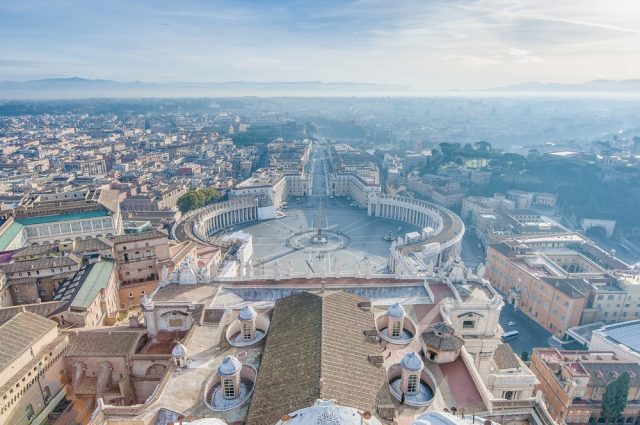
WTTC report highlights rising GDP contribution, surging investments, and opportunities for young workers
Italy’s tourism industry is on track to achieve unprecedented growth in 2025, according to the latest Economic Impact 2025: Global Trends report released by the World Travel & Tourism Council (WTTC). Presented at the WTTC Global Summit—held for the first time in Italy at Rome’s Auditorium Parco della Musica—the findings confirm Italy’s enduring strength as one of the world’s premier travel destinations and a key driver of national economic development.
The report projects that the travel and tourism sector will contribute €237.4 billion to Italy’s GDP in 2025, up from €228.5 billion in 2024. This steady rise cements Italy’s place among the top ten tourism markets worldwide, underscoring the industry’s critical role in powering the country’s economic expansion. Employment in the sector is also expected to climb, reaching 3.2 million jobs, demonstrating the industry’s resilience and its capacity to generate widespread opportunities across the country.
International demand remains a key engine of this growth. Spending by foreign visitors is forecast to surpass €60 billion in 2025, consolidating Italy’s status as one of the top six global destinations in terms of international visitor expenditure. From Rome’s ancient monuments to the rolling hills of Tuscany and the crystal waters of the Amalfi Coast, Italy’s timeless appeal continues to captivate travellers seeking culture, cuisine, and unforgettable experiences.
Beyond leisure travel, the report highlights the remarkable rebound of business tourism, which has become an increasingly vital component of Italy’s tourism landscape. Business travel spending reached €28.4 billion in 2024, placing Italy seventh globally and marking an 18% increase over pre-pandemic levels. The thriving events and conference sector is attracting international corporations and associations, further diversifying the industry and driving year-round economic activity.
Investment confidence is another indicator of the sector’s robust health. In 2024, capital investments in Italian travel and tourism reached €11.4 billion, with forecasts suggesting a rise to €12 billion in 2025. This surge in funding supports the long-term development of infrastructure, technology, and sustainable practices—essential elements for maintaining Italy’s competitive edge in an increasingly dynamic global market.
The tourism boom is also creating significant opportunities for young Italians. According to the WTTC report, 9.2% of direct tourism jobs are held by workers under 25, nearly double their share in the broader economy. This strong representation of youth highlights the sector’s role as a gateway for the next generation, offering valuable career pathways in hospitality, travel services, cultural management, and technology.
Julia Simpson, WTTC President and CEO, emphasized the transformative moment facing the industry. “The travel and tourism sector is undergoing an extraordinary period of change,” she noted. “We must focus on innovative strategies to address urgent challenges, including sustainability, technological adaptation, and evolving consumer needs.”
Indeed, balancing Italy’s unmatched cultural heritage with modern innovation remains a central priority. The country is leveraging cutting-edge digital tools, green infrastructure, and smart tourism initiatives to create a more sustainable and competitive future. From carbon-neutral accommodations to advanced booking platforms and immersive digital experiences, Italian tourism is embracing the next era of travel without sacrificing the traditions and authenticity that define its global brand.
Italy’s ability to combine heritage and innovation offers a model for other destinations seeking sustainable growth. The record-breaking numbers projected for 2025 reflect more than a post-pandemic recovery—they signal a structural shift toward a resilient, forward-looking tourism economy. As investments rise, visitor spending grows, and young professionals enter the workforce, Italy stands poised to not only maintain but expand its influence on the global tourism stage.
With the world watching, the WTTC Global Summit in Rome serves as both a celebration of Italy’s achievements and a call to action. Stakeholders across government, business, and local communities are being urged to collaborate on long-term strategies that protect natural resources, preserve cultural treasures, and ensure that the benefits of tourism are shared widely. If current trends continue, 2025 could mark a defining year in which Italy reaffirms its status not just as a destination of beauty and history, but as a leader in sustainable, innovative tourism for the 21st century.



 Subscribe
Subscribe